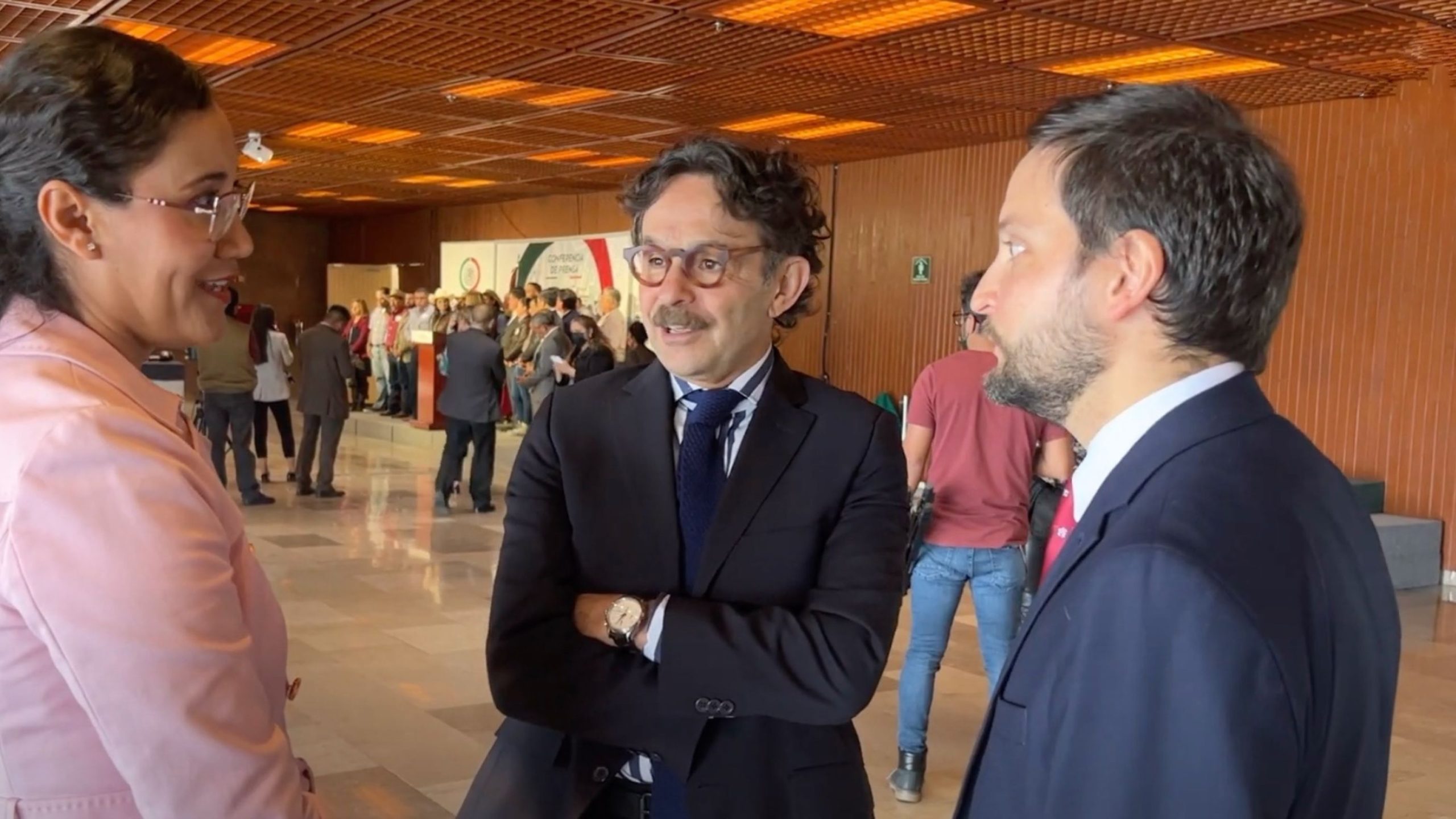The Mexican government appears to believe that those who believe it is not fair for biological men identifying as women to occupy seats in the country’s Congress, supposed to guarantee women equal representation, are effectively – “political violators against women.”
Gabriel Quadri, a former member of Mexico’s congress and presidential candidate, is one such high-profile figure, whose posts on X (then Twitter) three years ago led to his conviction by the National Electoral Institute (the top electoral court).
Quadri then turned to the Inter-American Commission on Human Rights, accusing the Mexican state of violating his freedom of expression. However, Mexico ignored a request to respond issued by the Commission, which has said it will be “moving forward” without that response.
Quadri was reported to the National Electoral Institute by now-former Congress member Salma Luevano, who identifies as a transgender woman, the Alliance Defending Freedom (ADF) International, which legally supported Quadri, explained.
One of the social media posts that caused Luevano’s reaction reads, “We should legislate to prevent that men that make themselves pass as women compete unfairly against women in organized sports, and that they do not usurp the political electoral positions that belong to women.”
And another, posted later the same month, February 2022: “Let it be clear. In the (Mexican) House of Representatives of the 65th Legislature, there is no parity between men and women. There are 252 men and 248 women, thanks to trans ideology and/or gender ideology. Men enter through the back door to (once again) displace women.”
The court found that this was discriminatory speech, while Quadri was ordered to delete the posts, publish a court-drafted apology as his own, and twice a day, for 15 days, post a summary of the court’s ruling on Twitter. Last but not least, he was to be registered as “a gender-based political violator” for two years and nine months, writes ADF, a legal advocacy group.
This decision came in May 2022, and the appeal to the Commission in December of the same year. In March 2024, Mexico was asked to respond, and only now, the Commission is moving forward without that response.
ADF considers the original ruling a violation of Quadri’s civil and political, as well as human rights, and rights to free speech.
As for the Mexican government’s decision not to respond to the Inter-American Commission, it, too, in this way showed a “clear disregard” for Quadri’s basic human right to free speech, according to ADF.
But this organization is happy that the Commission has decided to proceed with the case regardless, and is now hopeful that the result will be “decisive action” to defend Mexicans’ right to free expression.










